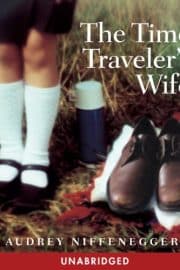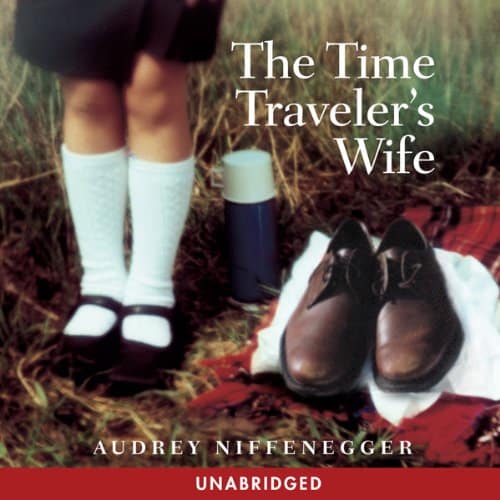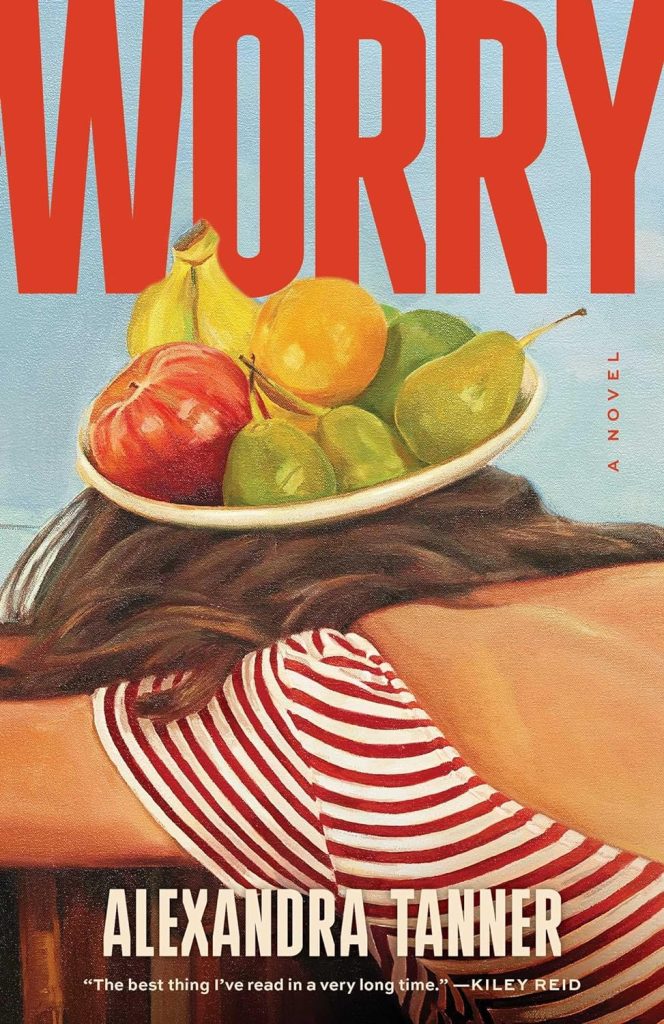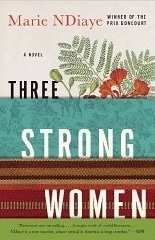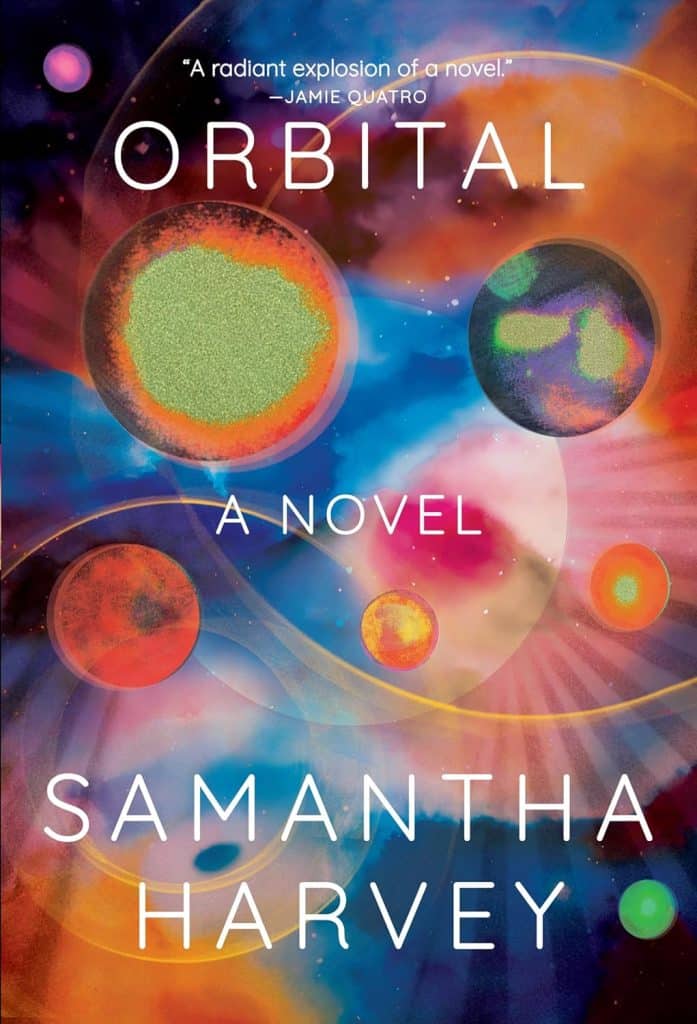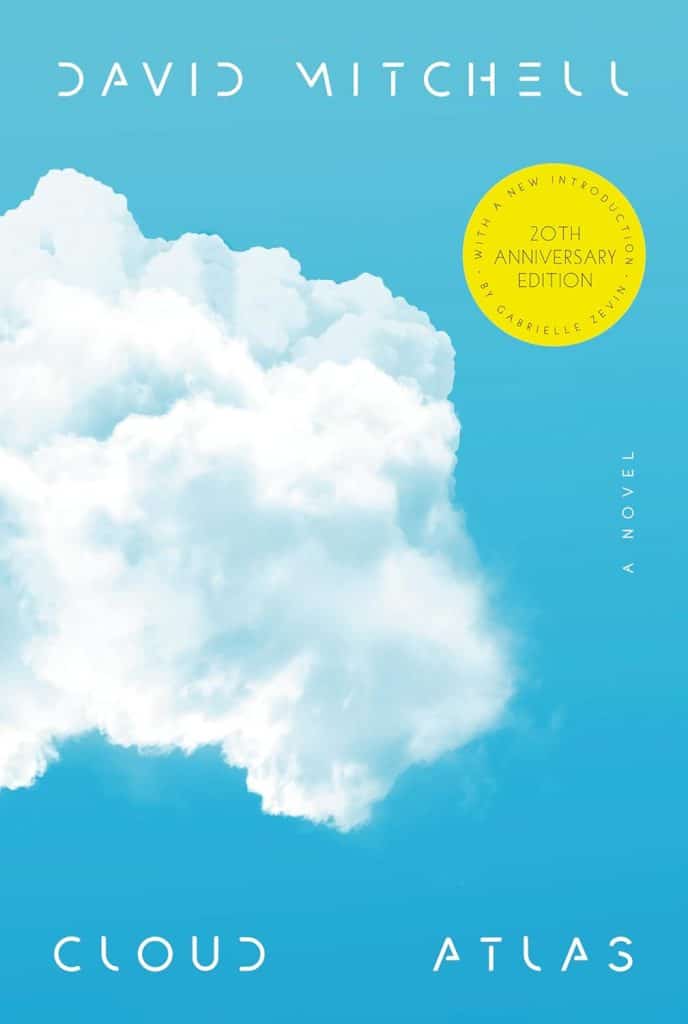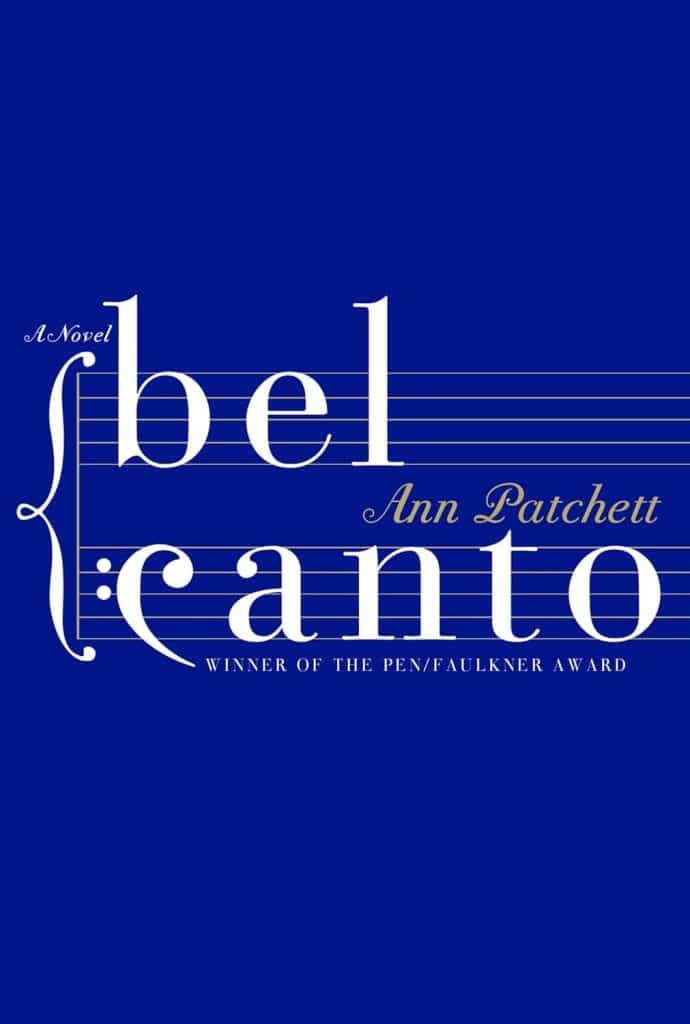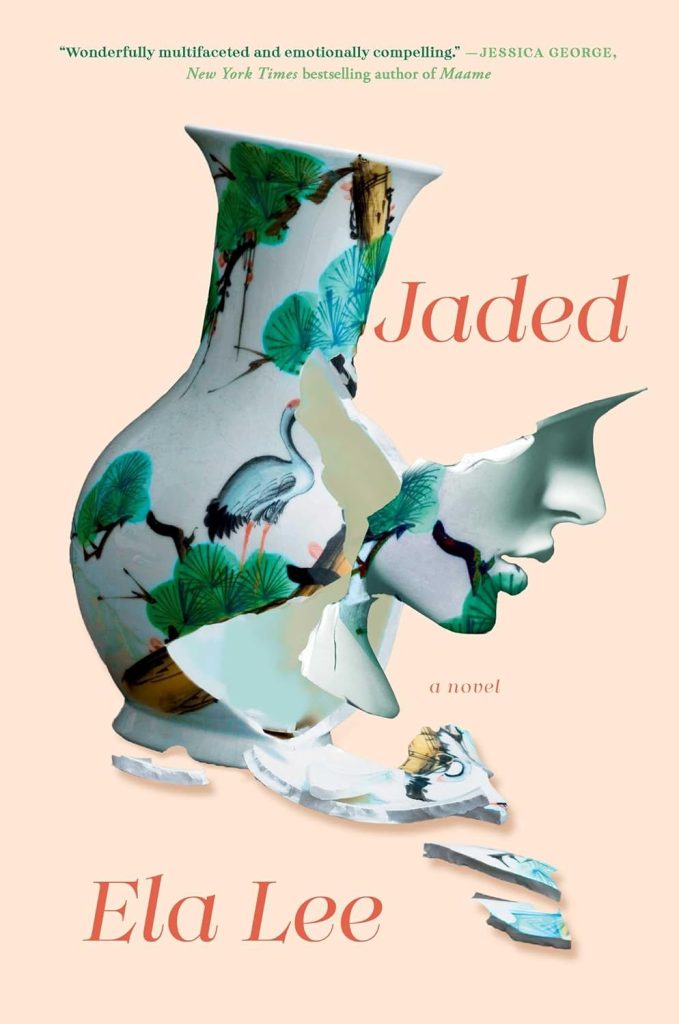As the Hasidic story foretold, God split our souls at birth and placed one part of my soul in her body and placed the rest into my body. Very few people are lucky enough to find the person who has the other half of their soul, and Jan and I did.

Am I Still Married or Am I Widowed?
Estimated reading time: 0 minutes, 54 seconds Am I still married, or am I widowed? is a question that I mull over.
Am I still married, or am I widowed? is a question that I mull over.
Most of my family and friends never think about it as they are sure I am a widow, and they based this on the legal and religious definition of marriage only lasting “till death do us part.”
I always believed Jan and I were married for eternity when we met.
Sharing a portion of the soul of the other is not a relationship that ends at death, and ours was not a marriage legitimized by law but by divine blessing.
If love never dies, how can death end a marriage?
The Jan Lilien Education Fund sponsors ongoing sustainability and environmental awareness programs. Gifts made this month; I will match dollar-for-dollar. All donations are tax-deductible.
I receive a commission when you buy a book or product using a link on this page. Thank you for supporting Sharing Jan’s Love blog.
Time Travel
Estimated reading time: 0 minutes, 54 seconds